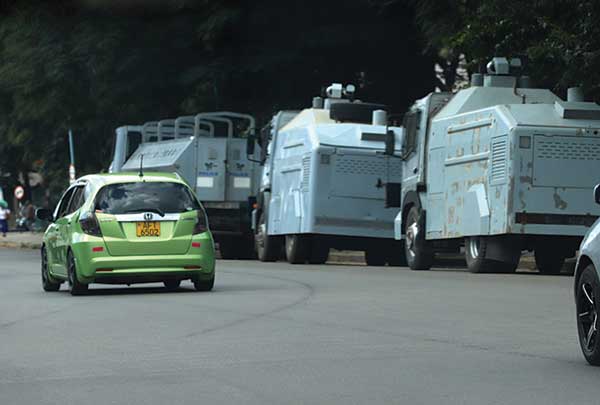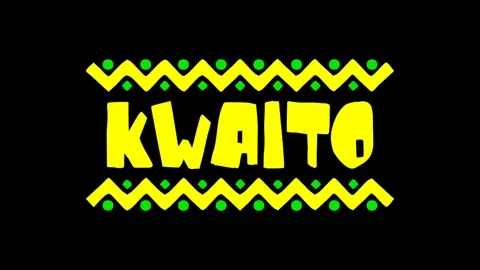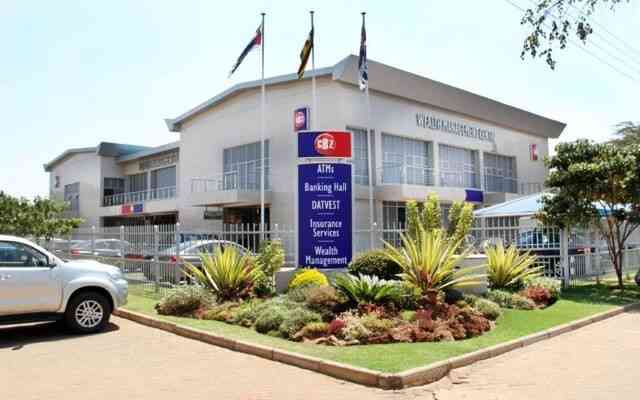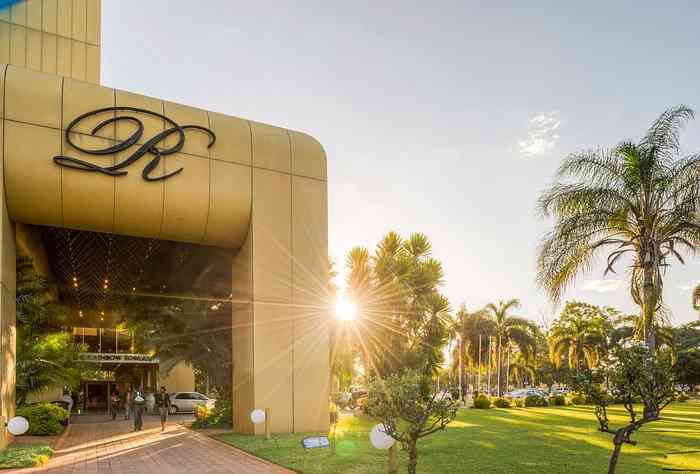
BY MIRIAM MANGWAYA/SILISIWE MABALEKA HEAVILY armed security detachments yesterday thwarted a nationwide shutdown called by university students, teachers and nurses.
Government deployed armed security forces in the capital and other cities countrywide to quash any protests against the economic meltdown and a high cost of living.
In the past, shutdowns have triggered protests and running battles between security services and civilians.
In a memo, government warned its employees against heeding the stay-away calls by civic society groups.
There was massive deployment of armed security personnel in perceived hotspots in Harare such as the Africa Unit Square and along the capital’s major streets.
In Bulawayo, police also deployed water cannons in apparent readiness to thwart possible protests by activists, while riot police armed with batons and teargas canisters were camped at the National University of Science and Technology (Nust) to scare students.
The Nust student representative council (SRC) and Zinasu had organised the shutdown, calling on all other universities to join in the #Feesmustfall campaign to force the government to reduce exorbitant university fees.
Nust SRC secretary-general Joseph Nyamayaro told NewsDay that the shutdown was a success because the government was intimidated, which resulted in the deployment of heavily-armed police at the higher learning institution.
- Chamisa under fire over US$120K donation
- Mavhunga puts DeMbare into Chibuku quarterfinals
- Pension funds bet on Cabora Bassa oilfields
- Councils defy govt fire tender directive
Keep Reading
“There is a lot of intimidation around all university campuses. That is why the police have been deployed. I believe the regime is in panic mode, hence they want to counter the shutdown by tightening security at higher learning institutions,” Nyamayaro said. The Midlands State University responded to the shutdown by closing the university until May 30, 2022.
A survey by NewsDay in different parts of the country showed that although it was business as usual, there was heavy police presence.
In a statement, police said: “The ZRP reports that the situation in the country is normal. The public is urged to report anyone trying to intimidate, harass or threaten members of the public who are peacefully conducting their normal day-to-day activities. Police is ready to ensure that peace continues to prevail throughout the country.”
In a memo dated May 8, 2021, Midlands provincial coordinator Andrew Chimenyiwa directed government officials to monitor the presence of government workers every two hours.
“May we all monitor staff attendance in all our departments at provincial and district levels in light of the proposed shutdown on Monday May 9, 2022,” read the PSC memo. “Kindly apprise the Public Service Commission office of the situation obtaining on the ground after every two hours. Be advised that those who absent themselves from duty during this precarious moment will be kindly asked to account for their absenteeism.”
Public Service Commission secretary Jonathan Wutaunashe said: “Attendance of civil servants is normal today (yesterday). However, those who are not on duty obviously will need to explain why they were absent. We do not condone misconduct.”
Organisers of the protests said the shutdown was a success because President Emmerson Mnangagwa was forced to respond to some of the concerns they had raised.
“It is clear that the protest has been a success,” Amalgamated Rural Teachers Union of Zimbabwe president Obert Masaraure said.
“No serious casualties have been recorded so far on the side of the civilians. The President was forced to climb down on the public transport crisis and made a cocktail of desperate interventions to try to stabilise the economy.”
Zinasu national spokesperson Lenon Mazuru said: “The protests were impactful well before the scheduled day. It is very clear that the planned protests shook the government. President Mnangagwa was forced to address the government on the issues of concern which we had raised. This is just the beginning as we will continue forcing government to address the issues of concern.”
Crisis in Zimbabwe Coalition chairperson Peter Mutasa decried intimidation of activists by suspected State security agents.
“There was widespread intimidation and threats on social media and through the security deployments. We received reports of students who were attacked at the University of Zimbabwe yesterday night after a mobilisation rally. The student leaders from Zinasu reported receiving threatening calls. However, compared with past protests, we had far less citizen casualties and that is a plus on this protest. The government was stretched to the limits, but in a peaceful manner,” Mutasa said.
- Follow us on Twitter @NewsDayZimbabwe










